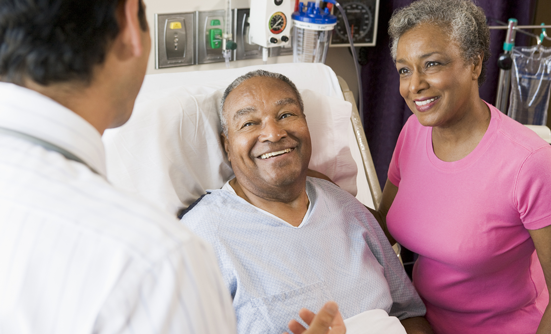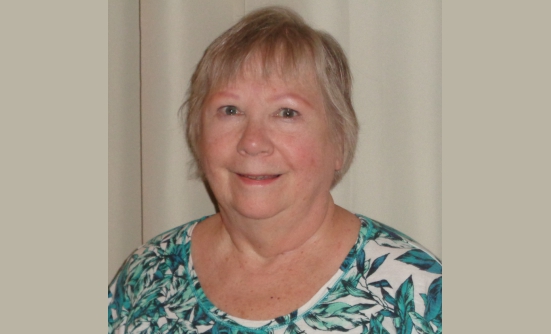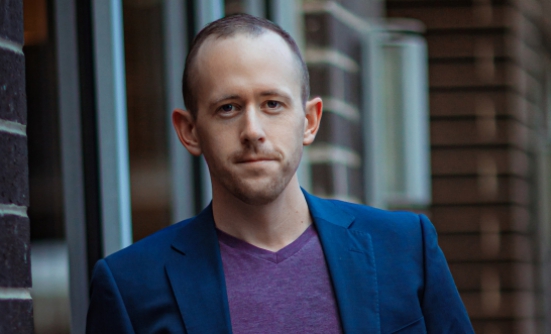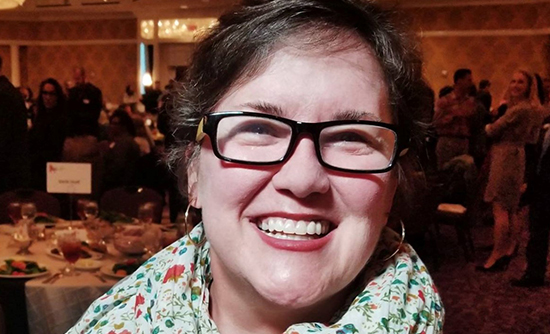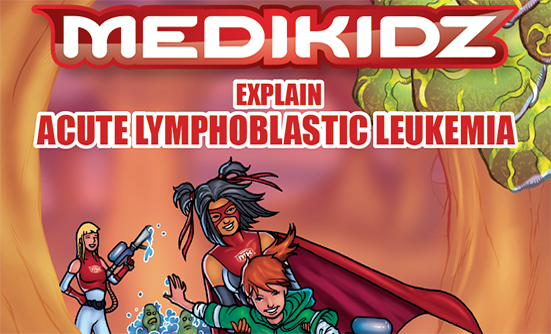
As a physician caring for patients with cancer, my goal is to do my best to provide the care you need and deserve to the best of my ability. Caring, of course, goes beyond just prescribing medications, arranging radiation, or scheduling surgery. I believe that healthcare professionals, including physicians, need to spend more energy and effort to enhance their relationships with their patients, and should use the resources available to promote these relationships.
Humor is a very useful tool we all use in daily life to cope with challenges we face, so why don’t we use it more often with cancer? The reason, likely, is the fear of upsetting others, including friends or family members, in a situation that tradition suggests requires seriousness. As healthcare professionals, we are often hesitant to use humor with patients, because of our own insecurities, or lack of experience, training, or guidance on how to use it appropriately.
The Health Benefits of Humor
However, psychological research in the past 5 decades has shown the health benefits of humor and laughter.1-3 These benefits can be physical or psychological and include elevating mood, making people smile or laugh, decreasing stress and anxiety, improving communication, and enhancing relationships. Although it remains unclear whether humor can help fight cancer and increase survival, there is no doubt that it can make people feel better and help to improve their quality of life.
The consensus in the medical community is that humor is a good thing for patients and staff,4 and it is time to promote and prescribe humor as part of the management plan for patients with cancer. Just like any other treatment, humor is not for everyone, and it must be used wisely, in the appropriate settings, and with patients who are open to it.
Humor programs are being developed for use in patient care and in hospitals across North America, and training is now available for staff members, so we have no excuse not to participate.
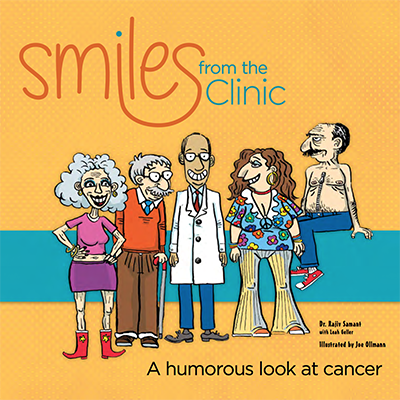
No Laughing Matter
I acknowledge that some teachers, educators, and administrators will say that medical schools are already filled with more important and serious learning objectives, but humor is no laughing matter. Humor should be considered part of the communication skills training for all healthcare professionals.
My message to the nonbelievers within our profession is that humor is an important relationship-building tool that should not be taken lightly or trivialized. I am sure that most patients will agree with this sentiment.
Dr. Hunter Doherty “Patch” Adams has shown us the incredible healing power of jokes, physical comedy, smiles, and laughter through his work, traveling humor programs, books, and website. He has been an inspiration to many of us in North America and around the world with his enthusiasm, energy, and commitment to a medical career devoted to making people healthier and happier through humor. If you don’t believe me, go see the movie “Patch Adams” and let me know if you are convinced.
Patients with cancer are not waiting for and don’t need their healthcare team to show them the way. They are taking the lead when it comes to using humor to heal. Just take the example of Tig Notaro, who is now the face of cancer comedy in North America. She was not, and is not, afraid to use humor to deal with her cancer, and she has integrated it into her career as a comedian. She is helping others with cancer, and even those without it, realize that humor is very powerful, and we should not be afraid to express it.
What My Patients Have Taught Me
With more than 25 years of clinical experience, I have learned how humor can be used in the healing process in relation to cancer. My patients have been my teachers and guides, leading the way with jokes, humor, and smiles. They are the ones who laughed first, and asked me to join them. My job was easy: I just had to reciprocate the joy and laughter my patients were projecting. They have shown me how to embrace humor in relation to cancer, and I feel the need to pass this wonderful and valuable message on to others.
Fortunately, no one has to wait that long to learn about the benefits of humor for patients, and for those around them, with the resources available today. Patients, and those close to them, should feel comfortable and secure in laughing and smiling when they feel like it, despite their cancer diagnosis. I would even say: laugh at cancer if you want, and ask those around you to do the same.
Joking with Your Cancer Team
Read a funny book, listen to and tell jokes, watch humorous movies and videos, go to a comedy show, or whatever else makes you laugh, smile, and feel happy. Visit one of the many humor and health information websites available online, or whatever else tickles your funny bone.
Patients often give hints to their healthcare providers that they want to be reassured that humor is okay. If your doctor has not told you that, I am telling you now: it is healthy and much recommended to laugh, smile, joke, and be funny on a daily basis after a diagnosis of cancer, if you feel like it.
In fact, when you see your healthcare team, tell them jokes and laugh all you want around them. Your job is to convince yourself and them–as I am trying to do through this article–that humor is here to stay and can help us thrive after cancer.
You don’t need to be serious all the time, even if those around you are, so go ahead, smile and laugh: it will make you and everyone around you healthier and happier!
References
- Adams ER, McGuire FA. Is laughter the best medicine? Activities, Adaptation and Aging. 1986;8:157-175.
- Berk RA. The active ingredients in humor: psychophysiological benefits and risks for older adults. Educational Gerontology. 2001;27:323-339.
- Provine RR. Laughter: A Scientific Investigation. New York, NY: Viking Penguin; 2000.
- Bennett HJ. Humor in medicine. Southern Medical Journal. 2003;96:1257-1261.





